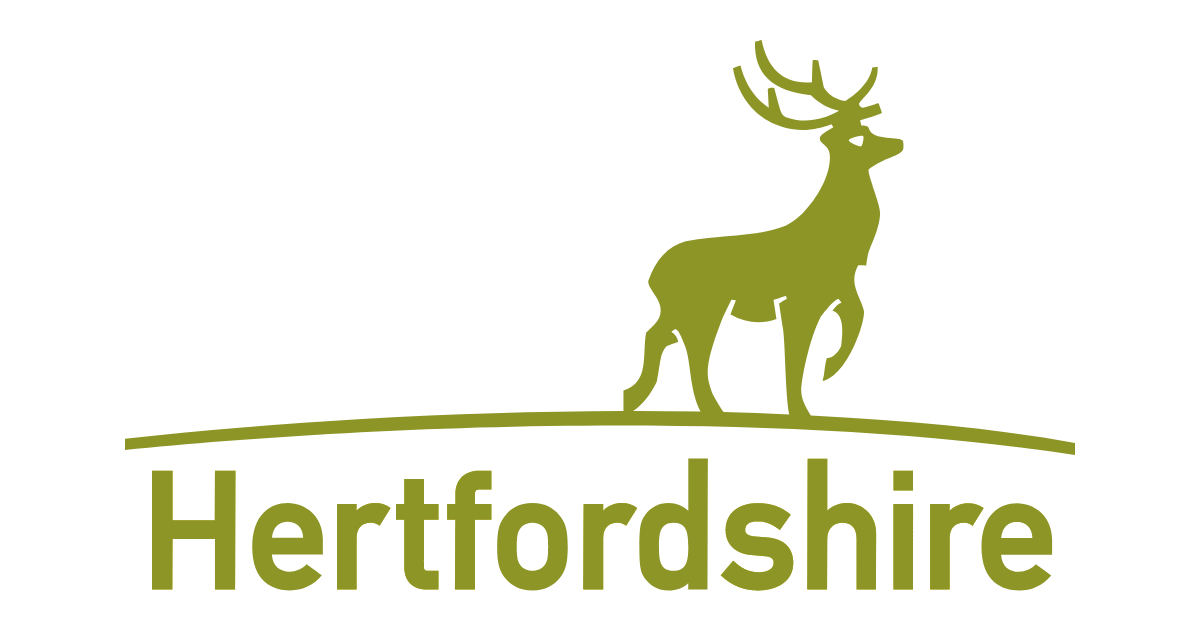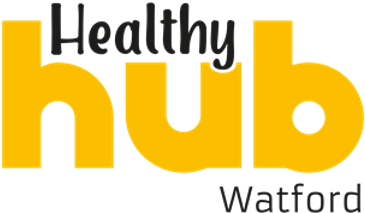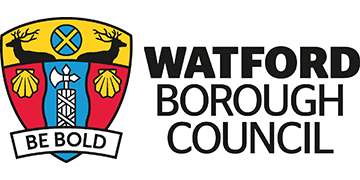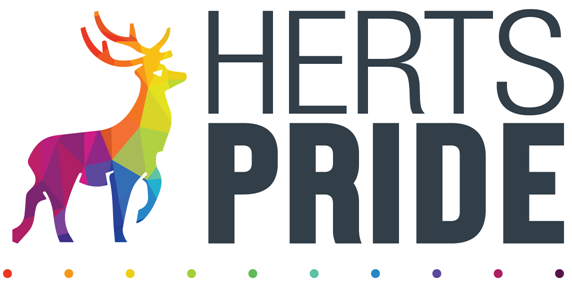National Volunteers Week
The 1st – 7th June is National Volunteers Week and we wanted to take this opportunity for three of our Peer Mentors to share their experiences volunteering at Hertfordshire Mind Network. Esther and Ian both started volunteering at the beginning of 2021 after completing their volunteer training at the end of last year, Lucy has been volunteering for a year.
Peer Mentors at Hertfordshire Mind Network work with clients to achieve goals which have been established jointly by the client and the Peer Mentor. This support can then be offered either face to face or over the telephone for up to 12 sessions.
 Why did you choose to volunteer for Hertfordshire Mind Network?
Why did you choose to volunteer for Hertfordshire Mind Network?
Esther: I started volunteering with Hertfordshire Mind Network in January as I saw lockdown as a good opportunity to use my own lived experience with mental health to help others.
Ian: Whilst I was completing my MA dissertation last summer, I started looking around for volunteering opportunities in my local area in order to give back to my community and to boost my skills, especially in the context of the pandemic, when I knew there would be certain vulnerable groups who would require extra support and assistance. During my search, I came across an advertisement from the Hertfordshire Mind Network looking for new Peer Mentor volunteers, and I thought that it sounded like the ideal opportunity to get involved. Over the last few years, I have become more aware of various issues surrounding mental health, and making sure that people get the help and support that they need is something I am very passionate about.
Lucy: I had always wanted to work for Mind but never seem to find the right time in my life. I’m passionate about ending the mental health stigma having suffered from anxiety since I was a child, had perinatal depression after the birth of my first child, and seen other people I love suffer from various mental health conditions. Many people feel unable to get help and therefore feel very alone. It wasn’t until my late 30s that I finally got the help I needed. I hate the thought of anyone feeling alone so I wanted to help people in my local area feel like they had someone to talk to who listened without judgement, validated their feelings and empathised with what they were going through. I wanted to make people feel held and hopeful.
 What is your role as a volunteer?
What is your role as a volunteer?
Esther: My main role as a Peer Mentor is to work one to one with clients to support with any mental health challenges they are having, to help them become more independent and confident in their self-care.
Ian: My primary role so far has been as a Peer Mentor, which requires working one-on-one with clients, helping them to use goal-setting and positive thinking to overcome mental health challenges, and this currently takes place over the phone. I have also recently started as a volunteer at one of the weekly group sessions, assisting the facilitator whose responsibility it is to run the sessions, and it has been a real pleasure and a privilege so far to be able to meet such friendly people, and to share in their experiences of dealing with mental health challenges.
Lucy: I am trained as a Peer Mentor but recently, due to a change in my work schedule and homeschooling my children, I have been volunteering as a Co-Facilitator and Meditator on the workshops. Currently I’m mediating on a 5 week Fear and Anxiety workshop.
 How has volunteering benefitted you?
How has volunteering benefitted you?
Esther: Not only have I received fantastic training and support from the team. Peer Mentoring has given me a real sense of community with the other volunteers which has been a huge benefit to me.
Ian: Volunteering has benefitted me in a number of ways. First of all, during those long winter months, when the country once again went in to lockdown, it was vital for my own mental health that I had someone else to talk to on a regular basis, at the same time every week, to keep my mind active and focused, as well as to feel as though I was contributing something useful. I have also been able to improve both my oral and written communication skills, and I especially enjoy the responsibility of having to submit regular reports at the end of each session, in addition to the extra paperwork required at the start and end of the Peer Mentoring programme. Finally, the biggest benefit is probably the feeling that I am able to volunteer for a cause that I am passionate about, with the opportunity to meet like-minded and dedicated people who share that same sense of purpose in what they do.
Lucy: In so many ways. I started volunteering during the pandemic – my husband and I had just lost our business a few months before and once we had got some stability I felt an urge to help others who were going though a tough time. It was not entirely altruistic – I knew it would help me manage my own wellbeing – by making me feel connected and giving me some perspective in my own life. I am an accredited transformational life coach so I had many tools and techniques to offer but I hadn’t realised how many new skills, theories and models I would learn through my Mind training which would help me, my coaching business and my clients. I am driven to help end the mental health stigma and I enjoy being part of such a high-profile charity as Hertfordshire Mind Network so I can stay abreast of the latest mental health research and developments whilst boosting my knowledge and credibility as a Coach.
Describe a memorable moment:
Esther: This is not only interesting work it also is really rewarding. I love seeing clients progress over the 12 weeks we work with them. Knowing that the clients have achieved so much and to be able to reflect on this with them. These are always my most memorable moments. I absolutely love peer mentoring and would recommend it to anyone who wants to make a real positive difference to other people’s lives.
Ian: That’s a difficult question, as I wouldn’t wish to accidentally share anything that might break client confidentiality, but one memorable moment which immediately springs to mind was during the training, when as an icebreaker activity to get to know each other, the prospective volunteers all had to come up with two statements about ourselves which were true, and a third which was a lie, and then to guess which of the statements about each person was the lie, a bit like that game show on the BBC, Would I Lie to You? It was great fun, and really helped all of the participants to get to know each other, and I was amazed when some of the most unbelievable statements turned out to be true!
Lucy: I don’t have one particular moment but for me it’s it’s the empathy, presence and connection that I love – being there for someone, holding space for them to articulate their feelings, reassuring them that feelings are not facts, explaining how the brain works, saying to someone “I see you, I hear you, you are not alone”. All of this is important to me and this is why I volunteer my time.
For further information about Peer Mentoring please visit: www.hertsmindnetwork.org/peer-mentoring
Posted on: 5th March 2021

 Why did you choose to volunteer for Hertfordshire Mind Network?
Why did you choose to volunteer for Hertfordshire Mind Network?  What is your role as a volunteer?
What is your role as a volunteer?












